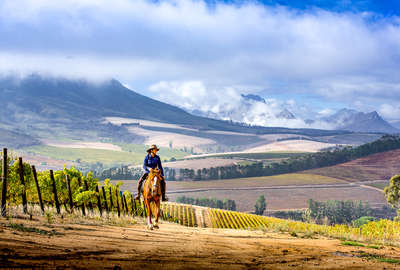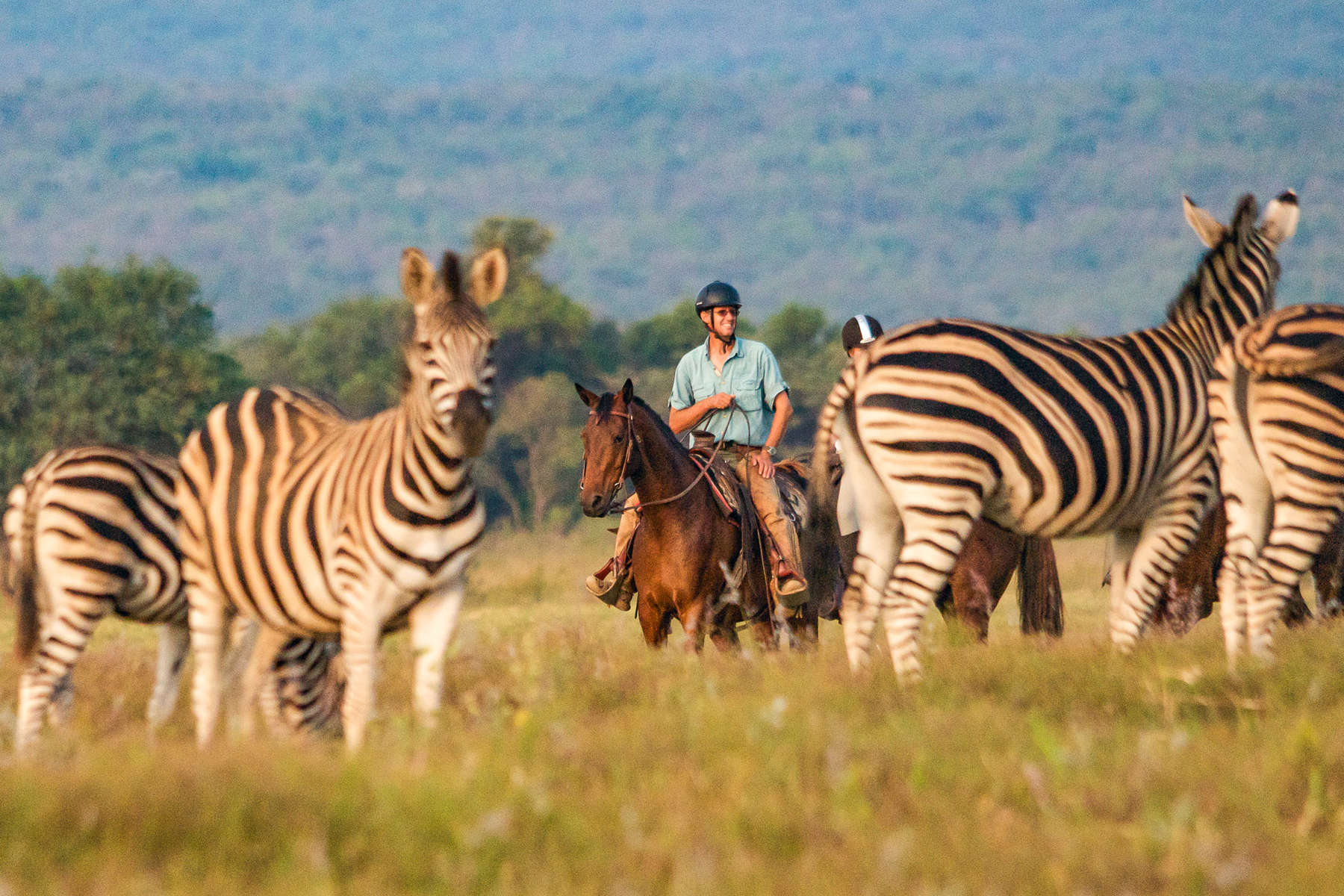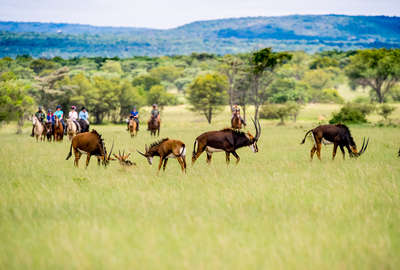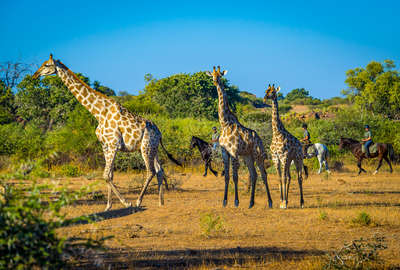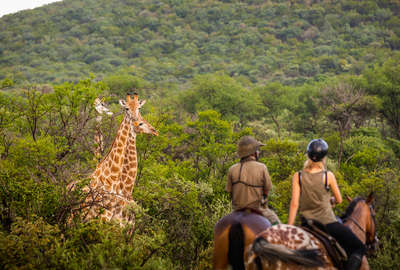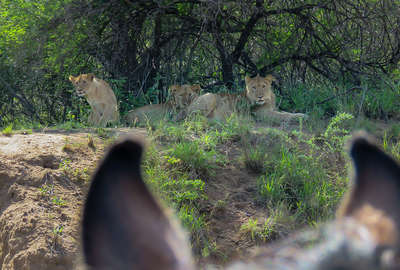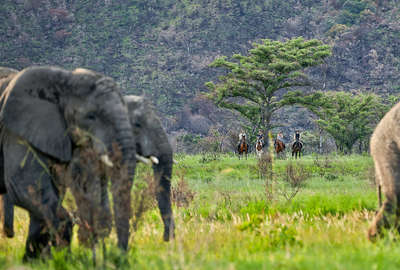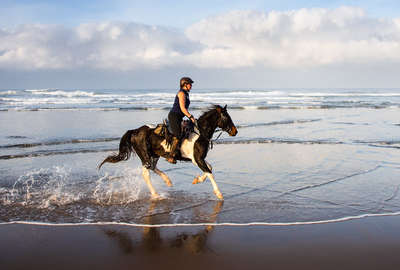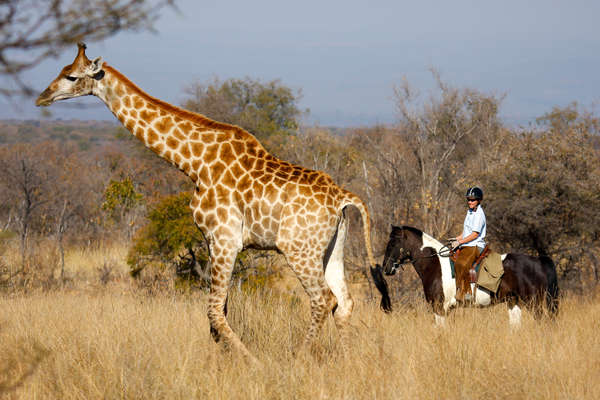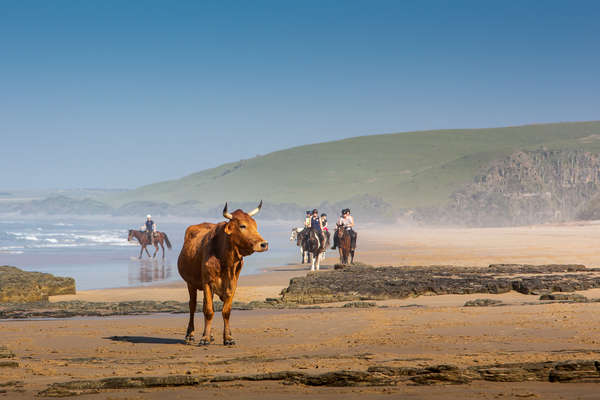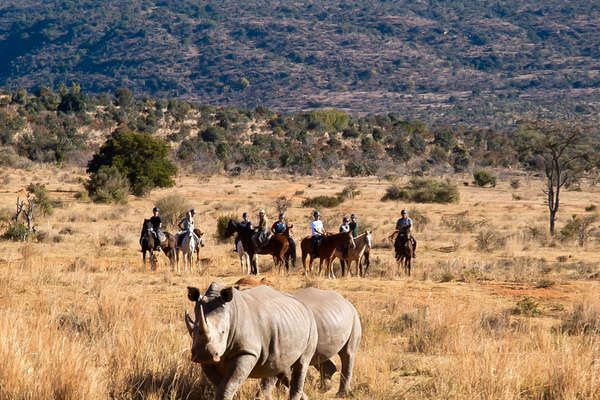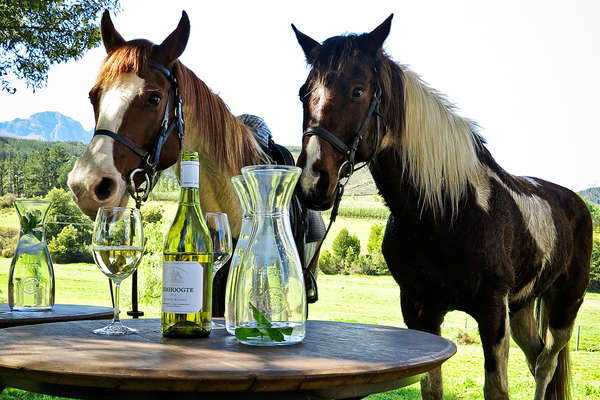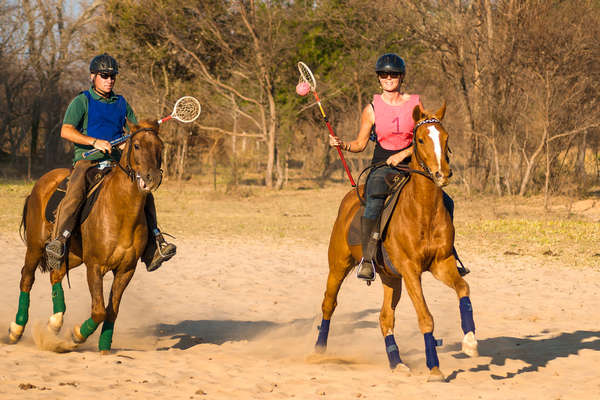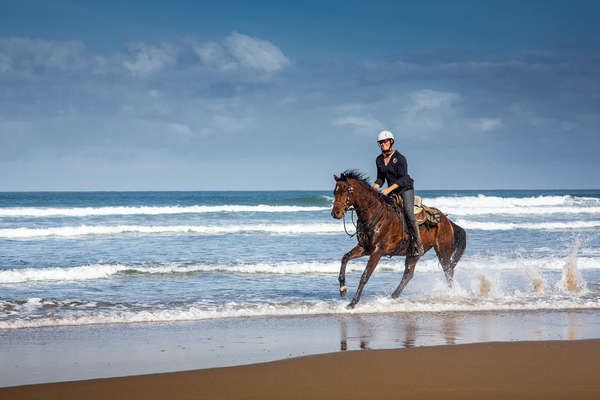Please refer to your home country's Foreign Office website for up-to-date information. This section predominantly refers to UK citizens, and advice can vary depending on your nationality. Although we endeavour to keep this section updated, requirements can change quickly, and your home country's Foreign Office website takes precedence.
To enter South Africa, a passport valid for at least 30 days after the intended date of departure is required by all UK, Australian, USA, Canadian and other EU nationals.
Passports must have at least two blank facing pages for entry stamps - visitors have been refused entry by airport immigration officials for flouting this regulation.
Yellow fever certificates are required if your journey starts from or passes through a country with yellow fever (such as Zambia/Victoria Falls).Visas for South Africa are not required by UK, Australian, USA, Canadian and other EU nationals for stays of up to 90 days except:
• Nationals of Cyprus, Hungary, Poland and Slovakia, who may stay visa-free for up to 30 days.
• Nationals of Bulgaria, Croatia, Estonia, Lativa, Lithuania, Romania and Slovenia, who do require a visa.
Other passport holders are advised to contact the embassy/high commission for visa requirements.
IMPORTANT INFORMATION RE: TRAVELLING WITH CHILDREN
South Africa has relaxed its requirements for travelling with children under the age of 18. Visa exempt children (including UK Nationals visiting for tourism purposes) entering South Africa accompanied by an adult are required to present only a valid passport on arrival, regardless of whether the child is travelling with both parents, one parent, or an adult who is not a biological parent (for more information, please see the Immigration Act in conjunction with the advisory from the South African Department of Home Affairs). This includes children travelling as part of school groups.
Contact South African Immigration for what is required for other circumstances.
Addresses of consulates
South African High Commission
South Africa House
Trafalgar Square
WC2N 5DP London
Tel. : +44 (0) 20 7451 7299
Fax : +44 (0) 20 7839 5670
We recommend that you talk to your doctor as they have access to the most up-to-date information.
There are no vaccinations legally required to travel to South Africa, however, you need a yellow fever vaccination if you have travelled to a country where that disease is widely prevalent, such as Zambia/Victoria Falls. So although Yellow Fever is not a problem in South Africa, you will need to carry a certificate of vaccination if you are arriving from an infected country.
Like with most countries, it's advisable to have general injections regarding diseases like Hepatitis A and typhoid. Most travellers are already vaccinated against DTP (Diptheria, Tetanus, Polio) and Hepatitis A, especially if you travelled already to countries outside the western world. If you are staying longer than 3 months or have a particular risk you might consider a rabies vaccination. Vaccination against Tuberculosis as well as Hepatitis B are also sometimes recommended for stays longer than 3 months.
Malaria, although not prevalent in most of the country, is a serious disease which must not be underestimated. If you are travelling in the eastern quarter of the country (towards Kruger National Park), take anti-malarial medication such as Malarone, especially when travelling during the warmer and wetter summer season (October to April/May). Also wear long-sleeved shirts and use insect repelling containing DEET.
Very occasionally there are reports of African Tick Bite Fever in guests returning from South Africa. Cover up when riding/walking through the bush and check yourself for ticks. If you experience flu-like symptoms on return to the UK it is worth mentioning to your doctor that you have visited a rural part of Africa. The disease is easily treated with antibiotics.
It is a condition of your booking with Equus Journeys that you have travel insurance which covers you for the riding activities to be undertaken. Your travel insurance should cover you for medical expenses and repatriation. Your guides will require your travel insurance details before they allow you to ride and may refuse to let you ride if you cannot provide them. You should take your insurance documents with you.
220/230 volts AC, 50Hz. Plugs have three fat round pins.
The currency of South Africa is the Rand, often called the 'buck', and it's divided into 100 cents. The sign for it is R and the financial code is ZAR. It was introduced in 1961 to coincide with the establishment of the Republic of South Africa, replacing the South African pound.
Notes come in R10, R20, R50, R100, and R200 denominations. Coins of 5, 10, 20 and 50 cents exist, as well as R1, R2 and R5.
GMT +1
South Africa's country code is 27. Telephone numbers in South Africa are 10 digits, including the local area code. There are also some prefixes like 0800 (toll free), 0860 (charged as local call) and 0861 (flat-rate calls).
Roaming agreements exist with international mobile phone companies and coverage extends to most of the country except the very remote areas. GPRS for data coverage is also widespread. Airport kiosks can sell you a phone or local SIM card if you show some ID.
Internet cafes are common in towns throughout the country and wireless is available at airports and in up-market hotels. Most hotels charge for connectivity and it can be cheaper to find the nearest internet café.
